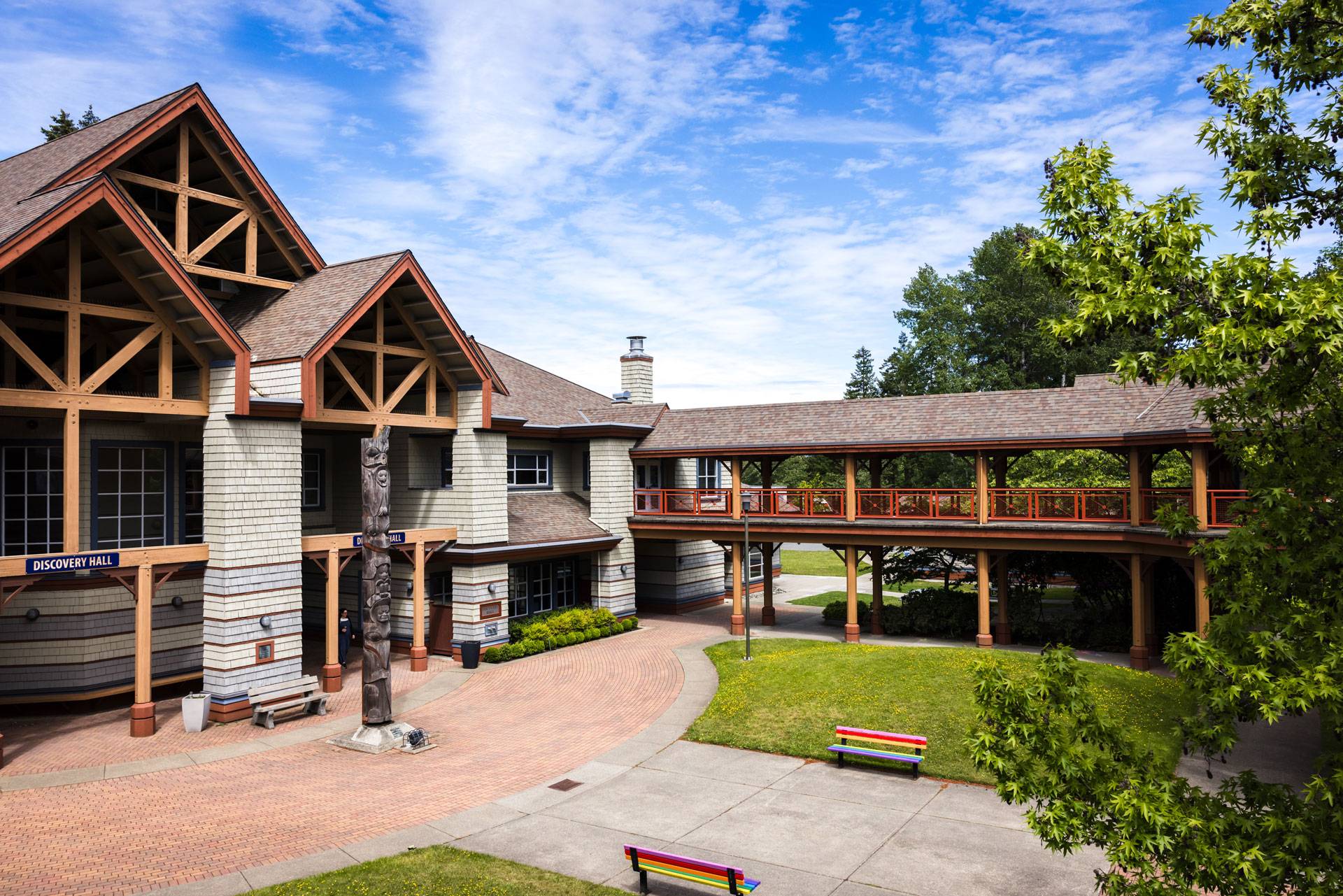On May 26, the RCMP conducted a raid of Toronto’s medicinal marijuana dispensaries in a massive mobilization of police forces, which led to 90 arrests and 257 charges. Police also seized 270 kg of dried marijuana and other products which left many of the 43 targeted dispensaries in ruin.
Why did this happen now?
Toronto’s legal system has been slow to grapple with these issues. This selected enforcement is due to confusion regarding what is or isn’t enforced. Laws criminalizing dispensaries are seemingly unenforced as many crop up around the city. But zoning bylaws, which many of the dispensaries violate, are enforced.
In response to the growing number of illegal dispensaries in the city, Toronto mayor John Tory said on May 16: “We just can’t have allegedly medical marijuana dispensaries popping up on every street corner, in a completely unregulated manner.” While Toronto has reached out to other cities, including legal trailblazer Vancouver, for assistance in regulations, progress towards the legalization of dispensaries is not nearly as developed as Victoria.
In a press conference, Toronto police chief Mark Saunders indicated an attitude more in line with federal law. “If you don’t have a license from Health Canada and you’re distributing marijuana, it’s unlawful,” he stated. It’s surprising these raids didn’t happen sooner.
Alex Robb, a spokesperson for Trees Dispensary, mentions one potential reason for the raids in Toronto: “I do think to some extent Toronto police were actually seeking to send a message to the dispensaries in British Columbia not to think about expanding to Ontario until the federal government passes [legislation].”
Are Victoria’s dispensaries at risk of similar police action?
With anxiety mounting over the hazy state of marijuana laws, questions loom over this scenario playing out in other cities. But a raid situation of the scale seen in Toronto is unlikely, as Victoria has succeeded in quelling the issues that pressured Toronto’s state of dispensaries. One reason a raid is unlikely is due to Victoria’s effectiveness in navigating the challenge of issuing business licenses. Businesses must apply to city hall to have a license issued, and while these licenses grant businesses permission to operate under official recognition, it creates a confusing set of circumstances considering many dispensaries are still technically illegal.
How is Victoria dealing with dispensaries then?
Victoria is following the leads of cities such as Vancouver, which has taken a regulatory approach by granting business licenses to some dispensaries anyway. Vancouver city council achieved this by creating a license category for “marijuana related” businesses. Victoria councillor Ben Isitt supported this decision, stating in a May 4 CBC report that he could see “a rationale for targeted enforcement,” as opposed to banning all dispensaries.
Robb points out that Victoria has their own police departments as opposed to many other places in Canada. Victoria Police Department inspector Scott McGregor was quoted saying that while dispensaries are being observed, “drugs that are significantly, negatively impacting the community and bringing violence upon the community” are the primary focus.
Essentially, Victoria chose to tailor its own legal priorities, whereas other municipalities choose to fall more in line with the federal law. This includes Esquimalt, which chose to not issue business licenses for dispensaries. Reasons for cracking down on dispensaries are determined by the local area moreso than federal law.
Why are dispensaries still open and some licenced if they’re illegal federally?
With Justin Trudeau openly advocating for legalization, and a dispensary legal framework coming down the parliamentary pipeline, dispensaries in many ways can act as though they are legal.
Laws outlined in the Medical Marihuana Access Regulations (MMAR) enabled people to legally produce medical marijuana at home or transfer the right to somebody else. Robb mentions that “many if not all [dispensaries] were run by people who held this MMAR exemption,” and explained that “no crown prosecutor would take the case and charge them,” as the owner would most likely provide that exemption.
Numerous officials are also operating in anticipation of a federal legal system that navigates the legal quagmire of dispensaries. Victoria mayor Lisa Helps said last February that some temporary rules will need to be set before federal law takes effect. She also stated that regulations will be needed “as soon as possible.”
As a placeholder for federal law, city council recently passed bylaws clarifying legal obscurities around dispensaries. This includes zoning restrictions, bans on in-store marijuana consumption, and stores having to determine security plans.
In response to federal legalization being delayed until spring 2017, Helps said: “I’m frustrated that we have to go down this road, but I think that we have to. It’s just the beginning of our work.”
Supporters of this move include Dieter MacPherson, Canadian Association of Medical Cannabis Dispensaries advisor, who said that “the city of Victoria [compared to Vancouver] seems to have done a much better job of looking at their jurisdiction, where it lies, and also in the consultation process with all stakeholders.”
How will this be resolved?
With a survey conducted by the city in 2015 showing 80 per cent of Victoria’s residents generally support dispensaries, the legalization of these establishments is not a question of how, but rather when.
“Dispensaries operated in Vancouver and Victoria for so long when they didn’t operate anywhere else because of the local culture,” Robb says. “It’s okay for people to buy medical marijuana from a storefront. So the police or regulators are sort of fighting an uphill battle trying to convince everyone that these are actually criminals who are running these organizations.”
As both legislative bodies and dispensaries act in expectation of federal legislation as soon as next year, the chance of massive crackdowns in Victoria similar to Toronto is unlikely.






